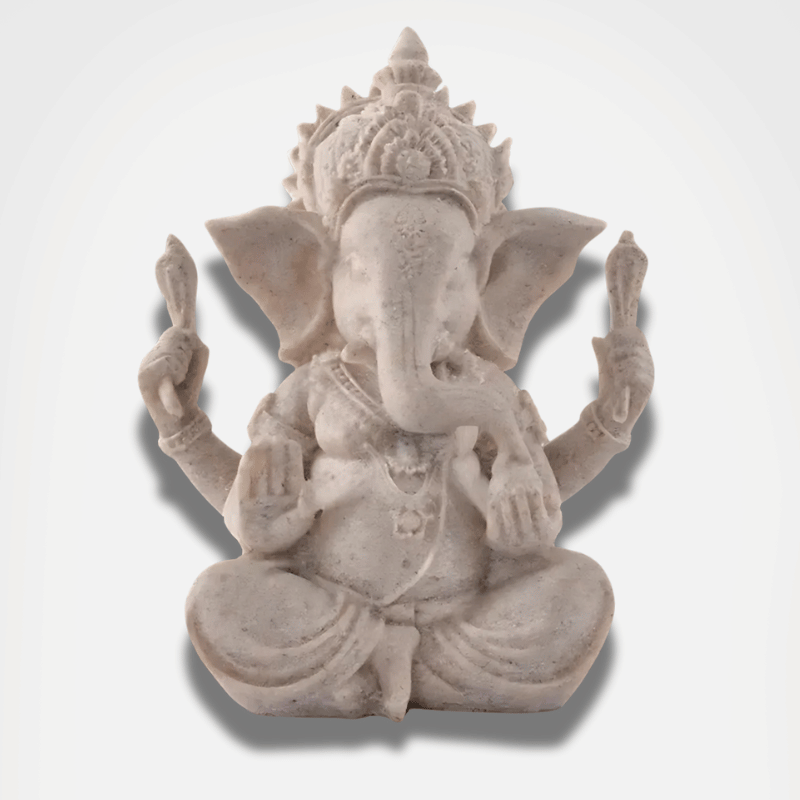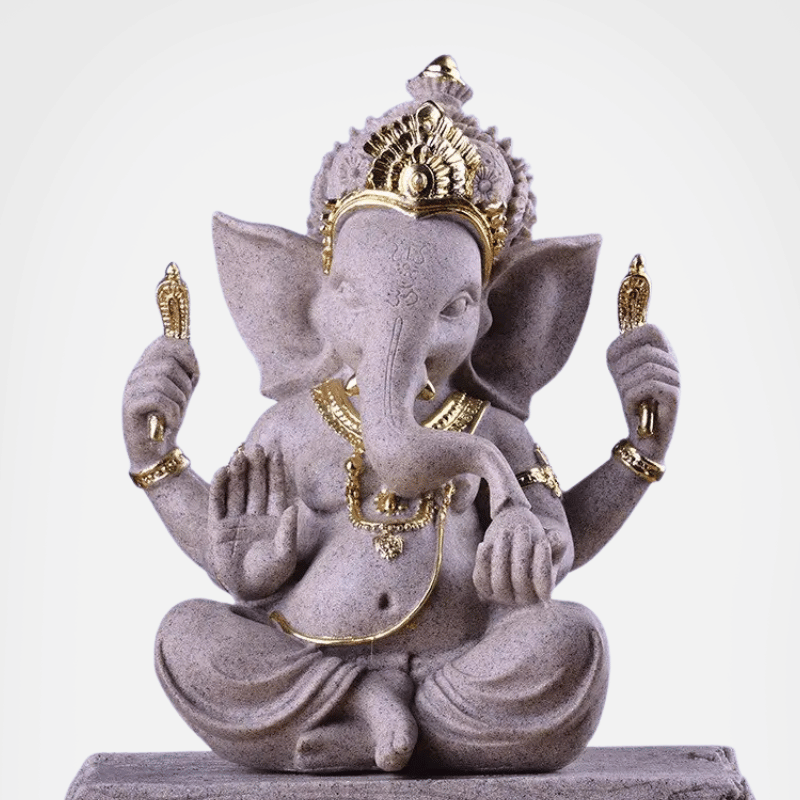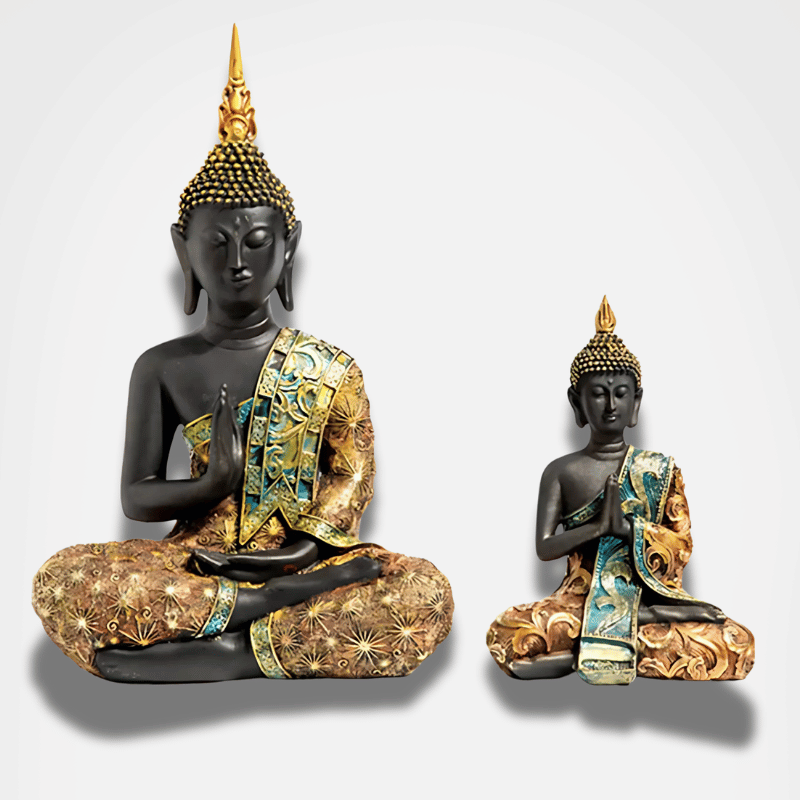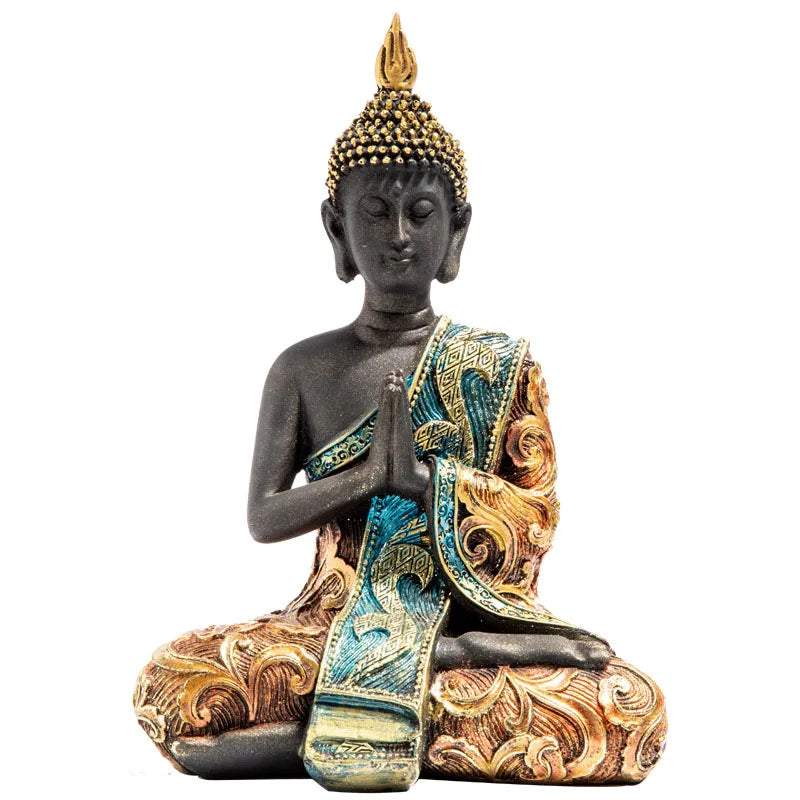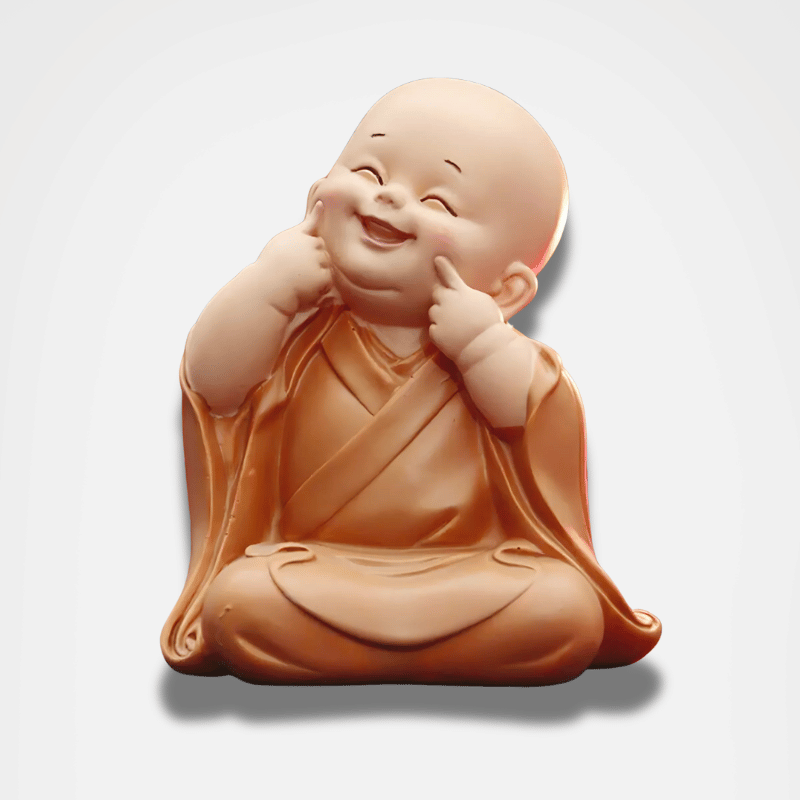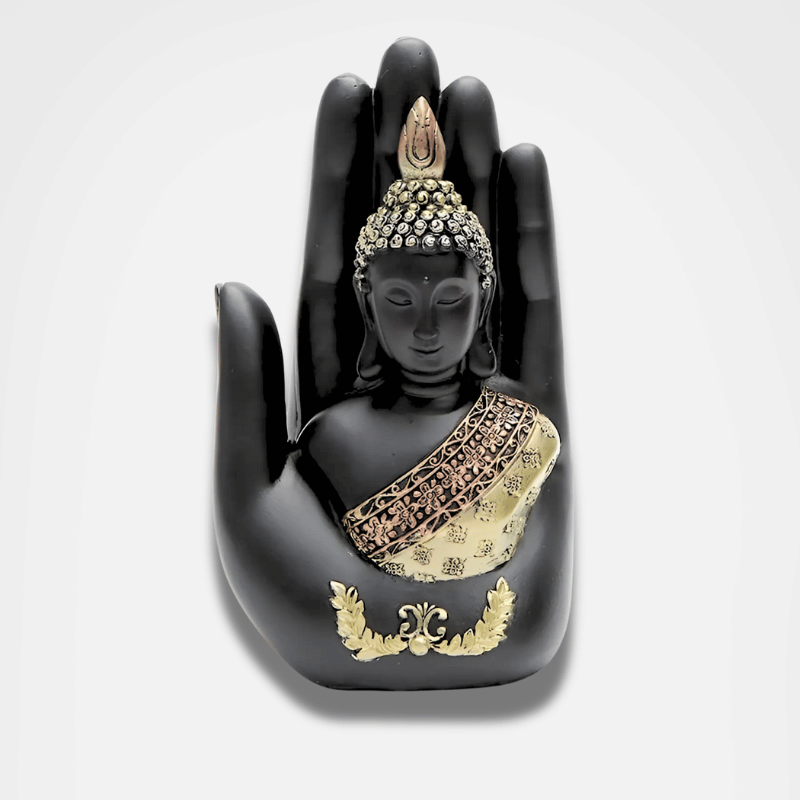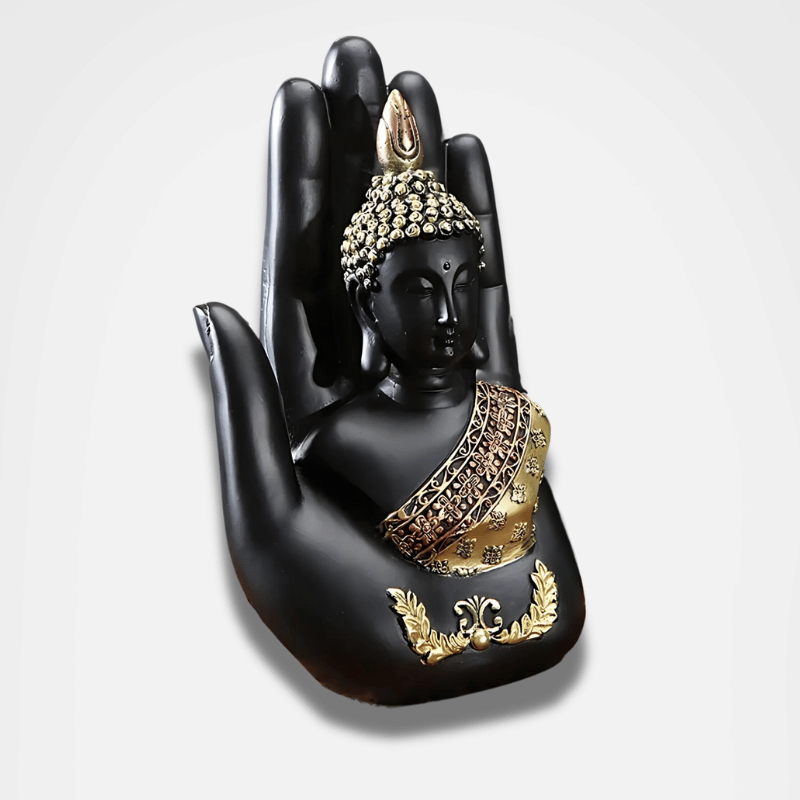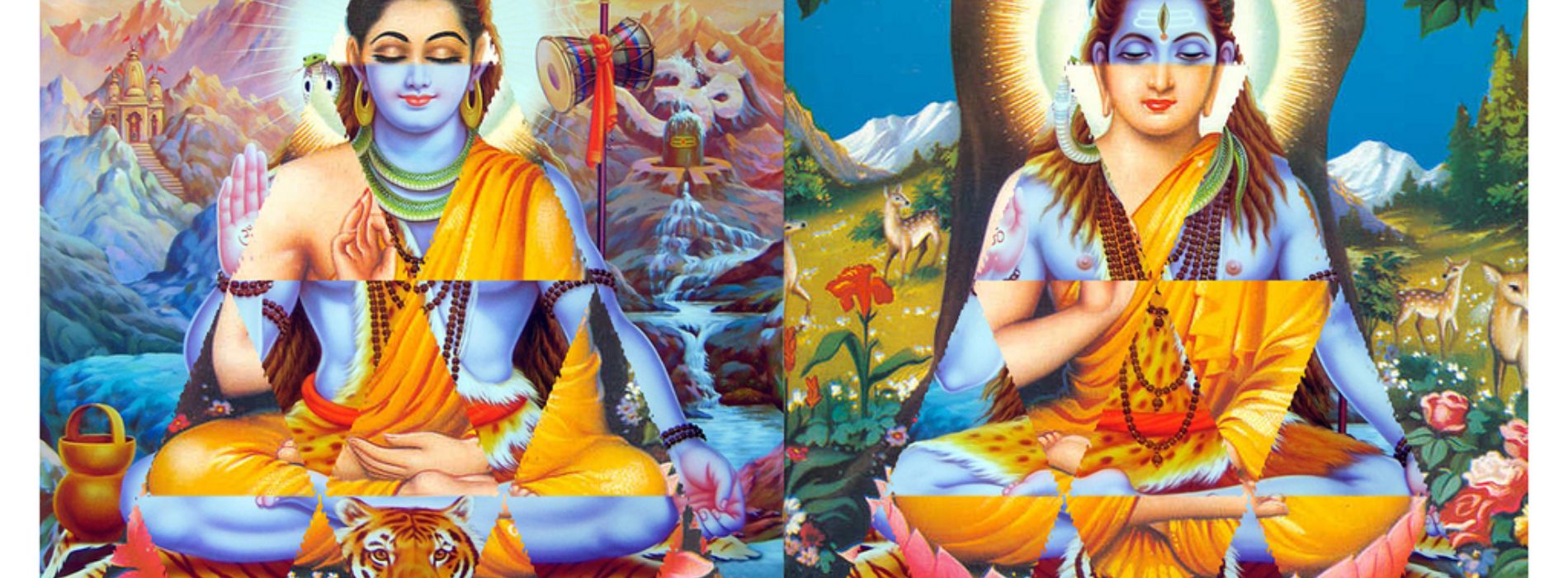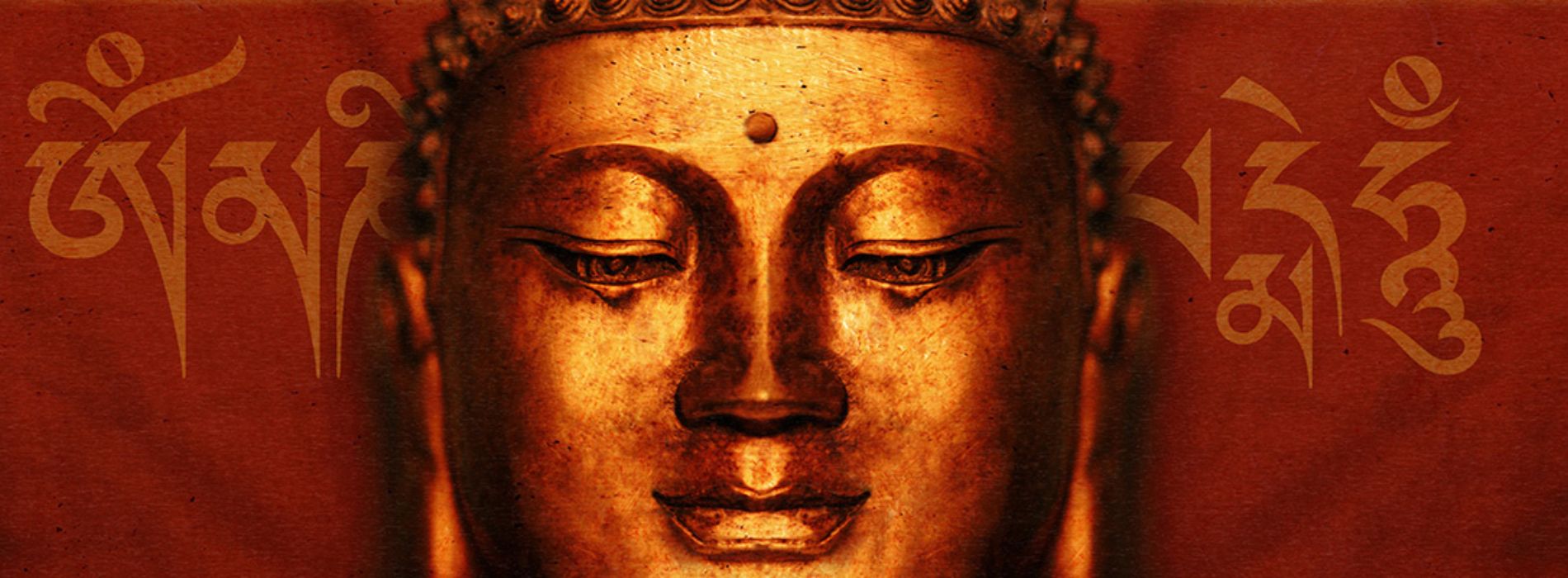How was Buddhism born?
How was Buddhism born?
Origins and foundations
Buddhism is an ancient religion that has its origins in India. in the 6th century BC. It was founded by Siddhartha Gautama, more known as Buddha. Buddha was a prince who renounced his luxurious life to discover the truth about the human condition and existence.
According to legend, Buddha attained enlightenment under a tree called the Bodhi tree. He then developed a series of teachings and spiritual practices intended to help human beings liberate themselves from suffering and to achieve spiritual awakening. These lessons are grouped together in the sacred texts of Buddhism, called the sutras.
The Four Noble Truths
The fundamental teachings of Buddhism are based on theFour Noble Truths. The first truth is the reality of suffering. THE Buddhism affirms that suffering is an integral part of human condition.
The second truth is the origin of suffering, which is fundamentally linked to human desires and attachments. Buddhism teaches that attachment to pleasures, material goods and relationships is the cause of suffering.
The third truth is the possibility of ending suffering. THE Buddhism affirms that it is possible to transcend desires and attachments to achieve a state of total liberation from suffering, called nirvana.
The Eightfold Path
The fourth truth is the eightfold path, also known as the noble eightfold path. This is the path that Buddhists must follow to achieve nirvana. This path is made up of eight stages fundamental: the right view, the right intention, the right word, the right action right, right livelihood, right effort, right mindfulness and the right concentration.
By following this path, Buddhists seek to develop a correct understanding of the world, kind thought and speech, ethical conduct, a worthy livelihood, sincere effort, focused attention and deep meditation.
This is Buddhism in its purest form, and these teachings have been passed down from generation to generation since the founding of the religion by Buddha himself.
The expansion of Buddhism
After the death of Buddha, his teachings were transmitted by his disciples and quickly spread across Asia. Buddhism experienced a great expansion in India, China, Japan, Thailand and many many other countries.
The expansion of Buddhism was facilitated by the opening of the roads of trade and the growth of cultural exchanges between different regions of the Asian continent. Emperors and rulers of states have supported and promoted Buddhism, making it an influential religion in many societies.
The different schools of Buddhism
Over time, different schools and schools of thought have emerged within Buddhism. These schools may vary in their interpretations of the teachings of Buddha, their ritual practices and their monastic communities.
Some of the best known schools include Theravada Buddhism, Mahayana Buddhism and Vajrayana Buddhism. Each of these schools has its own understanding of Buddhism and his own way of practicing. But they all share the fundamental belief in enlightenment and path to nirvana.
Today, Buddhism continues to spread throughout the world and has millions of followers. He is appreciated for his approach spiritual, his meditation and his teachings on compassion, wisdom and freedom from suffering.
Impact and influence
Throughout its history, Buddhism has had a profound impact on societies in which it developed. He inspired movements social, political reforms and cultural advances.
Buddhism's teaching on compassion and non-violence has influenced many leaders and activists, encouraged peace and promoted equality. Buddhist monks played an important role as as scholars, teachers and keepers of knowledge.
Buddhist art
Buddhist art also played a major role in the influence of religion. Statues of Buddha, murals and stupas have were created to spread the teachings of Buddha and inspire devotion.
These art forms were often produced with great refinement artistic and symbolic, and have become precious testimonies of Buddhist history and culture.
In conclusion, Buddhism was born in India more than 2500 years ago and has has since undergone major expansion across Asia. His teachings have influenced societies and inspired millions of people through the world. Today, it remains a living religion practiced by many many faithful who seek inner peace and liberation from suffering.






















